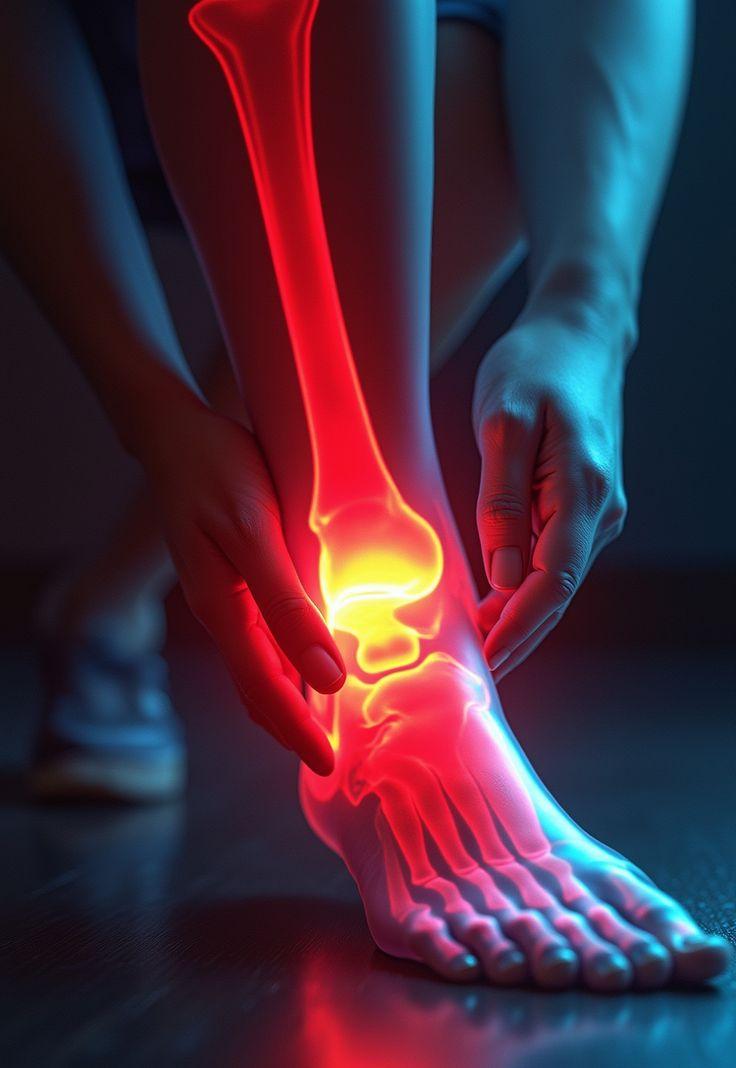Dual Diagnosis Treatment: Addressing Mental Health and Addiction Together

In the world of mental health and addiction recovery, one size never fits all. Many individuals who struggle with substance abuse also face underlying mental health disorders — such as depression, anxiety, or bipolar disorder. When both issues exist simultaneously, the condition is known as a dual diagnosis or co-occurring disorder. For lasting recovery, it’s essential to treat both problems together through a specialized Dual Diagnosis Treatment program.
Dual diagnosis treatment takes an integrated, holistic approach to care. Instead of focusing solely on addiction or mental health, it addresses both conditions at the same time, helping individuals understand the connection between their emotional struggles and substance use. This method offers a greater chance of long-term stability, improved mental health, and sustainable sobriety.
What Is Dual Diagnosis?
Dual diagnosis refers to the coexistence of a mental health disorder and a substance use disorder within the same person. For example, someone battling alcoholism may also suffer from depression or post-traumatic stress disorder (PTSD). Similarly, an individual using drugs to cope with anxiety or trauma often develops dependency over time.
These two conditions often fuel each other — mental illness can increase the risk of addiction, and substance abuse can worsen mental health symptoms. Without integrated treatment, individuals may find themselves trapped in a cycle of relapse, emotional distress, and hopelessness.
The Importance of Dual Diagnosis Treatment
Traditional addiction treatment programs used to focus only on substance abuse, while mental health care addressed emotional disorders separately. Unfortunately, this approach often failed because treating one issue without addressing the other leaves the root cause unresolved.
Dual Diagnosis Treatment recognizes that mental health and addiction are deeply interconnected. It provides a coordinated plan of care led by professionals trained in both psychiatry and addiction medicine. By treating both disorders simultaneously, clients gain the tools to manage symptoms, prevent relapse, and build a balanced, fulfilling life.
This integrated care model helps individuals:
-
Identify and understand the relationship between mental illness and addiction
-
Learn healthier coping mechanisms for emotional distress
-
Stabilize mood and behavior through therapy and medication
-
Develop long-term relapse prevention strategies
-
Rebuild self-esteem and healthy relationships
Common Co-Occurring Disorders
People seeking dual diagnosis treatment may experience a wide range of mental health conditions alongside substance use. The most common co-occurring disorders include:
-
Depression and Alcohol Abuse
-
Anxiety Disorders and Prescription Drug Dependence
-
Bipolar Disorder and Substance Abuse
-
Post-Traumatic Stress Disorder (PTSD) and Addiction
-
Schizophrenia and Drug Use
-
Personality Disorders and Alcoholism
These combinations can make diagnosis and treatment more complex, which is why specialized care from experienced professionals is critical for recovery.
How Dual Diagnosis Treatment Works
Dual diagnosis programs typically begin with a comprehensive assessment, where clinicians evaluate the individual’s physical health, mental state, and substance use history. This helps determine the most effective combination of therapies and medications for the patient’s unique situation.
Once treatment begins, clients participate in a structured program that may include:
-
Medical Detoxification:
If substance dependence is present, detox is the first step. It ensures a safe withdrawal process under medical supervision, often with the support of medications to ease symptoms. -
Psychiatric Evaluation and Medication Management:
A psychiatrist may prescribe medications such as antidepressants, mood stabilizers, or anti-anxiety drugs to manage mental health symptoms effectively. -
Therapy and Counseling:
Evidence-based therapies like Cognitive Behavioral Therapy (CBT), Dialectical Behavior Therapy (DBT), and trauma-focused therapy help clients identify triggers, challenge harmful thought patterns, and develop healthy coping skills. -
Group Therapy and Peer Support:
Sharing experiences with others facing similar challenges fosters connection, reduces shame, and provides accountability. -
Family Involvement:
Family therapy helps loved ones understand dual diagnosis, repair strained relationships, and create a supportive environment for recovery. -
Holistic and Wellness Activities:
Many programs incorporate yoga, meditation, art therapy, fitness, and nutritional counseling to promote physical and emotional well-being.
Through this comprehensive approach, individuals gain insight into how their mental health and substance use interact, empowering them to break free from destructive cycles.
Benefits of Dual Diagnosis Treatment
The advantages of seeking specialized Dual Diagnosis Treatment are significant:
-
Integrated Care: Both disorders are treated together by a coordinated team of experts.
-
Relapse Prevention: Understanding emotional triggers helps clients stay sober longer.
-
Personalized Treatment Plans: Each program is tailored to the individual’s unique mental and physical health needs.
- Art
- Causes
- Crafts
- Dance
- Drinks
- Film
- Fitness
- Food
- Games
- Gardening
- Health
- Home
- Literature
- Music
- Networking
- Other
- Party
- Religion
- Shopping
- Sports
- Theater
- Wellness


